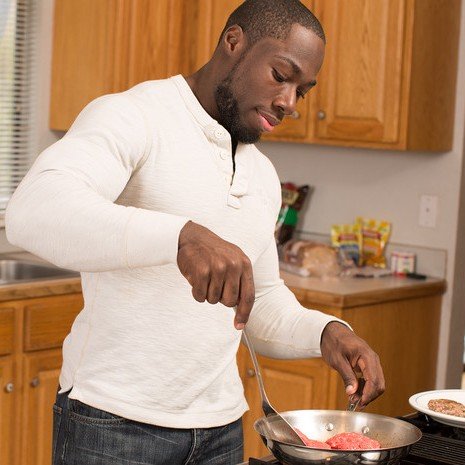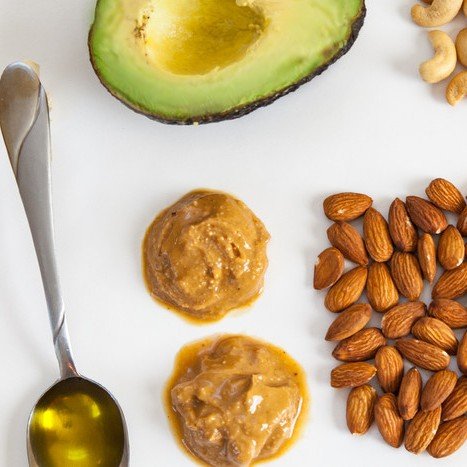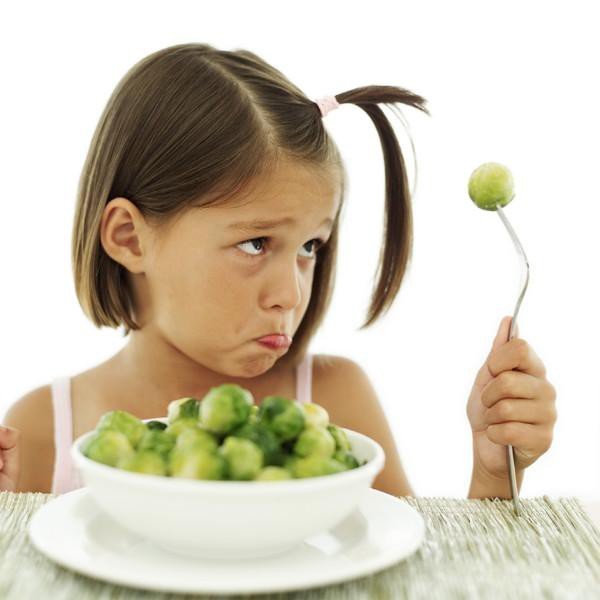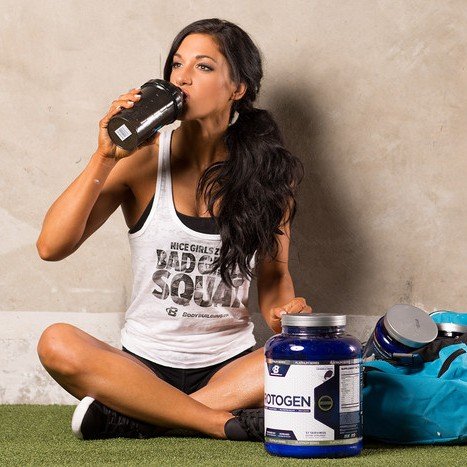The golden rule of weight loss is simple: To lose weight, consume fewer calories than you burn. But even the best-laid plans can fail due to the unaccounted calories of cooking and hydrating throughout the day.
Depending on the cooking methods and beverages you choose, you can unknowingly add hundreds of calories each day to your otherwise carefully controlled diet. No wonder you're not seeing the kind of progress you expect! Here are three ways to choose wisely.
1. Don't Cook Like Grandma
One reason Grandma's cooking tastes so good is that she isn't afraid to use oil and butter. She coats the pan with it. She adds it to the recipe. She even adds it as a topping. No wonder her "healthy" green beans end up adding hundreds of calories to your meal!
Sure, the unsaturated, "healthy" fats in oils such as olive, canola, and avocado oil and the saturated fats in butter and coconut oil have their place in your diet. They play an important role in your physique and performance goals—but not when they make you run afoul of that golden weight-loss rule.
A study in the Journal of Meat Science found that a low-fat burger (90/10) lost a half-gram of fat when grilled but gained 3.5 grams when cooked in vegetable oil. If you're cooking multiple meals in oil, you're adding hundreds of additional calories to your day.
Solution: Rather than adding oil or butter throughout the cooking process, use a nonfat cooking spray. Or flavor a dish with your favorite herbs or spices instead of butter.
Average calories saved: 100-300
2. Keep Your Coffee Looking And Tasting Like Coffee
We all know that coffee is wildly popular in the United States. But it's not the coffee that's the problem: it's the additives—the sweeteners, creamers, and flavorings that turn a 5-calorie cuppa joe into a milkshake.
Look at your local coffee joint's menu, for instance, and you'll notice that most drink options begin not at 5 calories but at 300 calories and up per 16-ounce portion. These terrifically sweet drinks do more than add calories: Like all foods high in sugar, they make you hungrier, too.
Solution: Get back in touch with real coffee by drinking it black, with a splash of milk, or with low-calorie sweeteners and creamer.
Average calories saved: 200
3. Avoid Sugar In A Can
What's the harm in cooling off with a soda, lemonade, or sweet tea? Well, the harm is that the high sugar content (more than 50 grams in some bottles) of these drinks can cause a rapid rise in blood sugar, requiring a large secretion of insulin. And that's not good.
When you quickly consume a lot of sugar, the glucose it produces goes into your bloodstream and gives you quick energy. But all that glucose triggers the release of insulin, which hurriedly shuttles the glucose out of your bloodstream and into storage. This can cause a rapid drop in your blood glucose levels. And this cycle of high energy/low energy can turn vicious.
The end result is that you feel fatigued and hungry just 10-15 minutes after the drink, so you start looking for something to boost your energy again. But instead of choosing carrots, odds are you'll reach for another carbohydrate-laden drink or snack. Why? Your lizard brain recognizes them a source of immediately available energy.
Solution: Seek out a variety of calorie-free beverages to help you stay hydrated as you strive toward your physical goals. In addition to water, consider diet sodas, artificially sweetened beverages, or branched-chain amino acids. These alternatives will help break up the monotony of water while keeping your calories (and your appetite) in check.
Average calories saved: 200
Source: http://www.bodybuilding.com/





